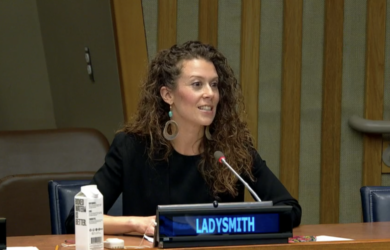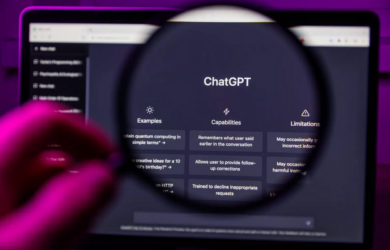
Dr Andrew Robertson has spoken at a US FDA hearing on research into neglected diseases.
A Gates alumnus has given testimony to a Food and Drug Administration hearing in the US on how to develop drugs for the world’s poorest people.
Dr Andrew Robertson, co-founder of the Gates Scholars Alumni Association and Gates Scholars Council and a Trustee of the Gates Cambridge Trust, gave evidence in September to a FDA hearing on neglected disease research.
Dr Robertson, Chief Policy Officer at BIO Ventures for Global Health, spoke at the FDA’s “Advancing the Development of Medical Products Used in the Prevention, Diagnosis, and Treatment of Neglected Tropical Diseases” hearing. BVGH is a Gates Foundation-funded organisation that works to involve biotech in addressing global health challenges.
The promotion of innovation in neglected tropical disease research is a key issue for BVGH. During his testimony, Dr Robertson was joined by representatives from other non-profits in advocating for certain improvements to the Government’s Priority Review Voucher program, a new system to provide pharmaceutical companies with the financial incentives to create drugs for the world’s poorest patients.
Over 1 billion people — one sixth of the world’s population — suffer from one or more neglected tropical diseases.
Dr Robertson called for reforms to the PRV system, such as the inclusion of certain diseases like Chagas disease on the PRV-eligible list, and emphasised the need for FDA guidance that helps companies understand the requirements for earning a PRV, as well as guidance that helps companies assess the value and strategies for use of the voucher. He added that the success of the programme depends on the participation of the biopharmaceutical industry.
The PRV programme aims to offset drug development for neglected tropical diseases (NTD). In return for developing a drug or vaccine for an NTD, such as tuberculosis or malaria, companies are rewarded with a transferable voucher entitling them to FDA priority review for a drug of their choice, such as a cholesterol-lowering drug. This voucher can reduce the FDA approval process by four to twelve months, and has estimated to be worth between $50 and $500 million to pharmaceutical firms. However, there are concerns that, while the scheme is elegant in design, its implementation by the FDA has created serious barriers to being adopted by industry.
Dr Robertson says: “My experience during and after the FDA meeting speaks volumes about the need for better communication with drug makers. Numerous representatives from biopharmaceutical companies and product development partnerships approached me, saying that they were very interested in the PRV program but wanted to know more. They want to understand how the program is implemented and determine how they can use it to either reimburse or supplement the cost of their ongoing research. There is a clear need to inform, consult, and guide drug researchers about how to take advantage of the PRV program.”
Dr Robertson’s blog on the hearing
Picture credit: jscreationzs and www.freedigitalphotos.net












